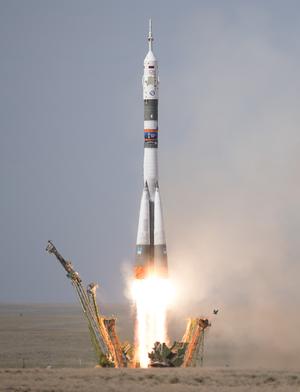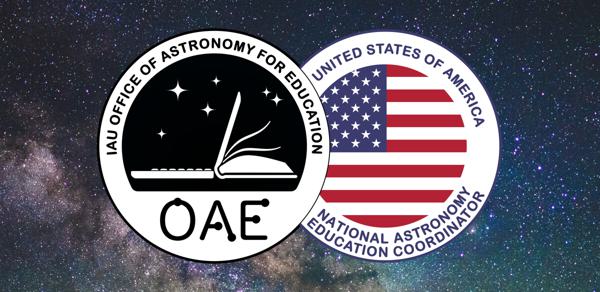Glossary term: Rocket
Description: A rocket is a device that is commonly used to launch spacecraft from Earth's surface into outer space. To that end, a rocket consists of rocket engines and fuel tanks. Rocket engines are also used to control spacecraft motion in outer space, changing the speed or performing course corrections. The basic principle of a rocket engine is to produce a stream of high-speed particles, usually by burning rocket fuel. When such a stream is pointed in a specific direction the rocket engine is accelerated in the opposite direction – a consequence of a fundamental law of physics called momentum conservation. Note that the particle stream does not need to push against anything for this effect to occur: rockets work perfectly even in the near-vacuum of outer space.
Related Terms:
See this term in other languages
Term and definition status: This term and its definition have been approved by a research astronomer and a teacher
The OAE Multilingual Glossary is a project of the IAU Office of Astronomy for Education (OAE) in collaboration with the IAU Office of Astronomy Outreach (OAO). The terms and definitions were chosen, written and reviewed by a collective effort from the OAE, the OAE Centers and Nodes, the OAE National Astronomy Education Coordinators (NAECs) and other volunteers. You can find a full list of credits here. All glossary terms and their definitions are released under a Creative Commons CC BY-4.0 license and should be credited to "IAU OAE".
If you notice a factual error in this glossary definition then please get in touch.
Related Media
Soyuz Rocket launch
Credit: NASA/Joel Kowsky credit link
License: CC-BY-NC-ND-2.0 Creative Commons Attribution-NonCommercial-NoDerivs 2.0 Generic icons









